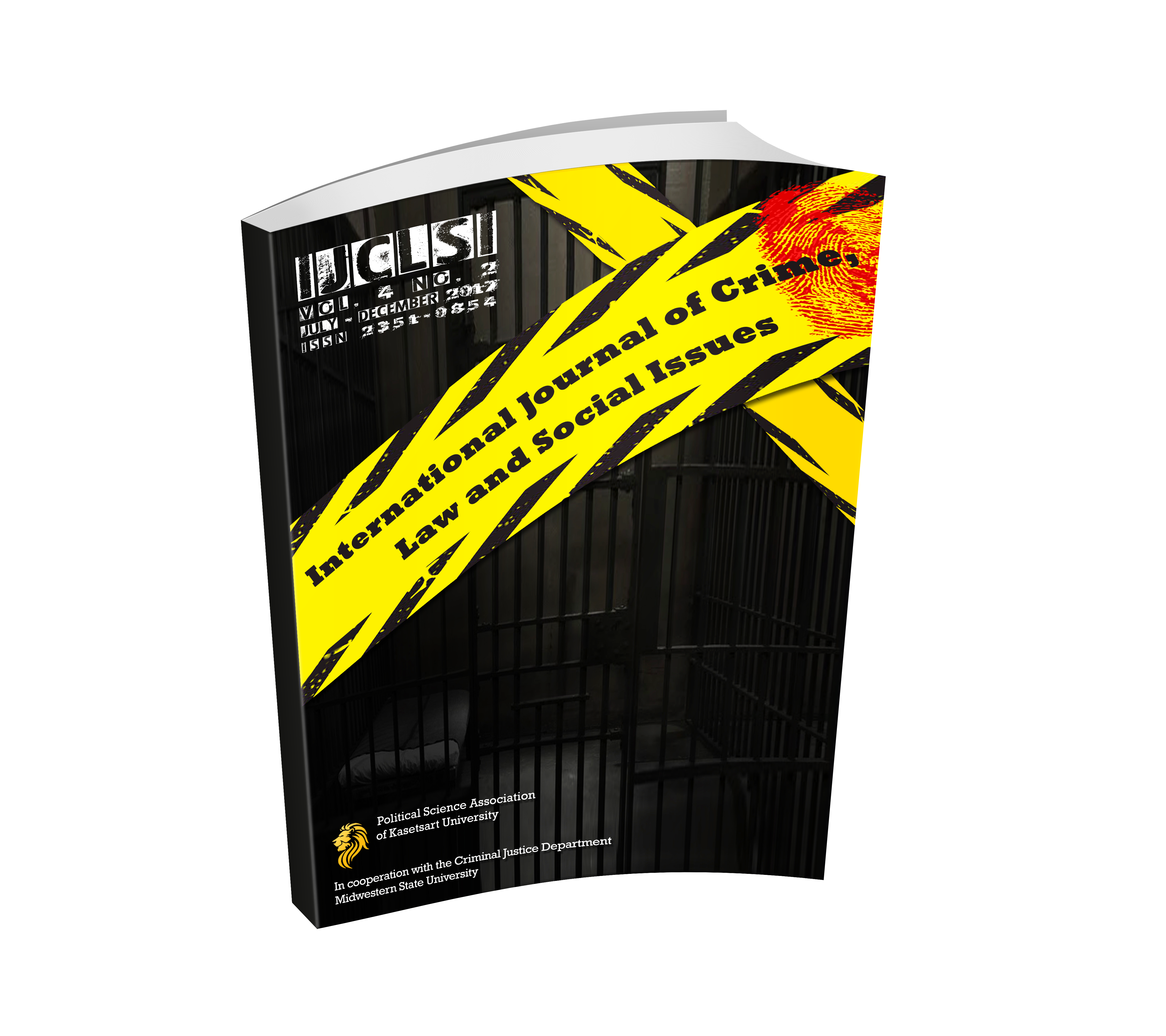The Development of New Revenue Structure of Local Government in Thailand
Keywords:
Local Government Revenue, Fiscal Decentralization, Local Taxation and Public AdministrationAbstract
This research aimed to analyze the present revenue structure of Thai local government organization and to propose ways to improve the revenue structure of Thai local government. The qualitative research methods, including studying the data from documents and administering depth interviews with local administrators, policymakers and local finance experts were employed. Then, the data were synthesized and summarized under the principles of local government and fiscal decentralization. The results revealed that the revenue structure of Thai local government lacked of fiscal autonomy and self-reliance and it was not inconsistent with the principles of local government and fiscal decentralization. The proposals for the development of the new revenue structure of Thai local government included the followings: (1) the revenue structure of Thai local government should be restructured by enacting the laws to determine property tax, habitants tax, environmental tax and motor vehicle fees to be the local taxes collected by the local government. The shared taxes should also be improved. Individual income tax and corporate income tax should be the shared taxes. (2)The concept of tax collection should be changed. In the long run, Thai local government should play a role as the main organization in collecting taxes in their area.
Downloads











.png)


